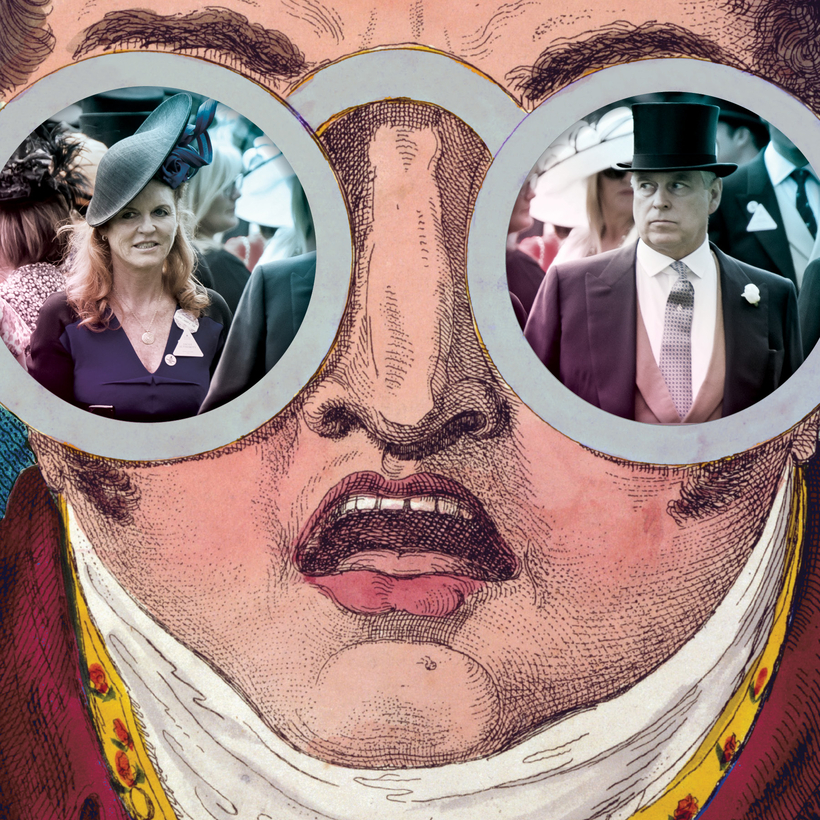Entitled: The Rise and Fall of the House of York is a book many, including Prince Andrew and his ex-wife, Sarah Ferguson, would have preferred not to have been written. It’s also one the ex-couple went to great lengths to bury.
For years, a curated narrative about the Duke and Duchess of York has existed, policed by armies of lawyers and P.R. people and shaped by a symbiotic relationship with the press—one disparaging article about the duchess based on an interview I had given to a paper was removed in exchange for an interview with her.

